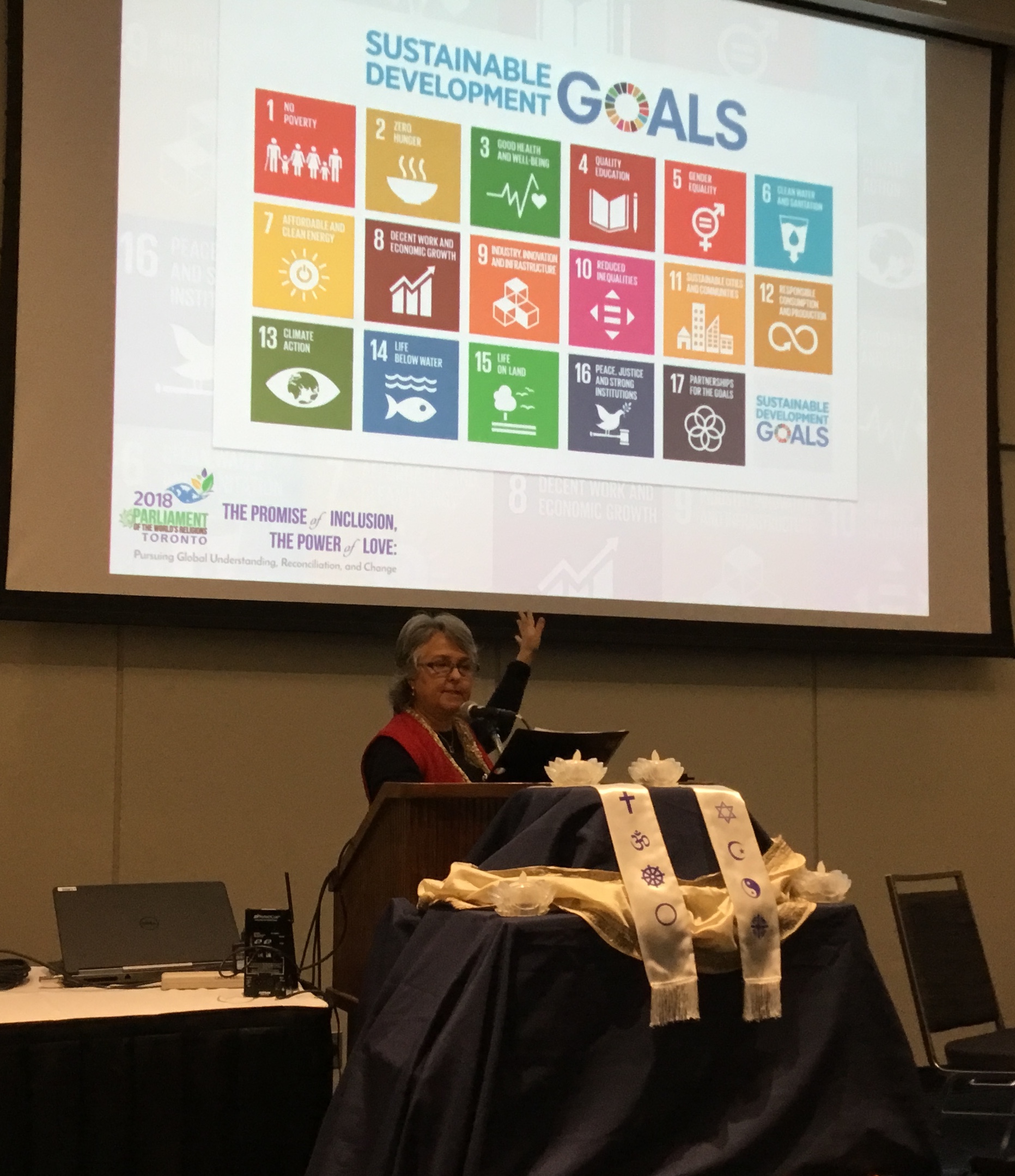It’s easy to access data and opinions. You’ll always have the logic  you’ve been trained in and the smarts you’ve learned the hard way too.
you’ve been trained in and the smarts you’ve learned the hard way too.
But one fact that’s harder to manage is that wisdom trumps knowledge every time. Countless articles, books, and internet gurus have brought more and more light to the importance of heart-centered work. But leaders need more than that — they need wise counsel and activities that help access the discreet area where heart and mind sync.
Native Americans used to use sign language between tribes who spoke different languages. The sign for “wisdom” was to put a hand to head and a hand to heart and bring them together, signifying a distinct perspective that is made up of both heart and mind. Business and non-profit leaders often struggle with choosing to go with heart or with intellect. The transformative leader recognizes the dialectic, the both/and, as the more powerful position. However, it’s trickier to negotiate the domain of wisdom than it is to manage its individual components.
There’s a new values-driven, common-good-centered business paradigm that requires its leaders to walk the path of wisdom. For most leaders, getting on the wisdom path doesn’t feel like walking, more like whopping big leaping. The chasm between valuing and devaluing wisdom is one of the biggest differences between new and old paradigmatic practices.
One of the things fueling new paradigm forces is that studies are conclusive that it will pay you well to dedicate time and attention to accessing wisdom. How do you do that?
- Stay on the lookout for wise people and especially look for them in places you might not normally hang out. Take time to connect and ask questions.
- Seek wise counsel from people who stand out to you because they are curious, compassionate, vibrant, truthful, and seem to live a more deeply spirited life. Don’t be concerned about the nature of what you’re asking them about because wise ones tend not to judge and they don’t get caught up in mundane nonsense. Their ability to cut to the core of what’s up will save you enormous amounts of time if you ask and listen. And, just dialoging with them will exercise your own inner voice of wisdom.
- Determine the places and spaces that best amplify the wisdom voice in you and be aggressive about booking them on your calendar.
- Look back on struggles you’ve had in the last few days and ask, “What would wisdom do?” (hint: The wisdom path typically follows the trail of values. Search your soul first for the essence of wisdom that is beyond words, and then try to translate that essence into values words, and then translate those words into wise action or into the wisdom not to act.)
As you cultivate your wisdom, allow lots of leeway for not knowing and for the action of no action — that void is the utmost fertile ground for the seeds of wisdom. Cultivating wisdom requires the courage to fall onto the dark soil of stillness and it requires the fortitude to release control so you can let things fall apart like the seed that has to rot away for the plant to grow. There’s no doubt about it, accessing the depth of true wisdom is risky on many levels. But when you rise, you’ll find your roots are deep enough to take you as high as you want to go.
Joni Carley, Author of The Alchemy of Power: Mastering the invisible factors of leadership
www.JoniCarley.com

